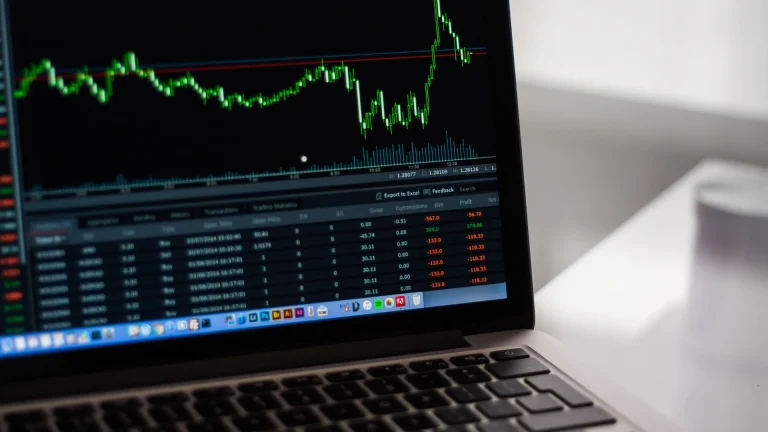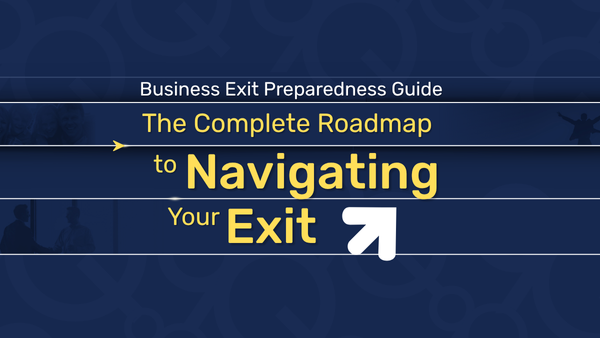Every business owner dreams of perfect market timing—selling at the peak when valuations are sky-high and buyers are plentiful. But here’s the uncomfortable truth: chasing ideal market conditions is one of the fastest ways to destroy your exit opportunity.
The Perfect Storm That Never Comes

Market timing feels logical. Interest rates are low, your industry is hot, and acquisition activity is booming. Surely this is the moment to sell, right? But while you’re waiting for conditions to align even more perfectly, something critical is happening: your business timing might be slipping away.
Consider Sarah, who ran a successful marketing agency. In 2021, she saw agencies selling for record multiples and decided to wait another year for even better conditions. By 2022, rising interest rates had cooled the market, but more importantly, she’d lost two key employees and a major client. Her perfectly-timed market exit became a distressed sale at 40% below her 2021 valuation.
The Hidden Risks of Market-First Thinking

Peak Performance Windows Are Narrow
Your business has natural cycles of strength. Maybe you’ve just landed a game-changing contract, built an exceptional team, or achieved record profitability. These peak performance periods don’t last forever. Key employees retire, contracts expire, competitive advantages erode.
External Factors Change Faster Than Business Fundamentals
Markets can shift in months, but building business value takes years. If your company isn’t fundamentally ready with clean financials, documented processes, and strong management no market condition will save you.
Opportunity Cost Compounds
Every year you delay a potential exit is another year of concentration risk. What if your health changes? What if your industry faces disruption? The “perfect” market timing becomes irrelevant if personal circumstances force your hand.
Business Timing: The Metrics That Actually Matter

Smart owners focus on internal readiness indicators that they can control:
Revenue Quality and Predictability
Are your sales diversified across customers, products, and time periods? Recurring revenue, long-term contracts, and customer retention rates matter more than absolute revenue size.
Operational Independence
Can your business run without you for 90 days? If systems, processes, and decision-making still revolve around the owner, you’re not ready regardless of market conditions.
Financial Transparency
Clean books, documented processes, and separation between personal and business expenses. Buyers will pay premiums for businesses they can immediately understand and trust.
Management Depth
A strong second layer of leadership gives you flexibility to choose your timing rather than being forced by circumstances.
The Counter-Intuitive Truth About Market Conditions

Here’s what surprises most owners: businesses with strong fundamentals often perform better in challenging markets. When economic uncertainty hits, buyers become more selective, which actually favors well-run companies over their poorly managed competitors.
During the 2008 recession, quality businesses still sold, and often at better relative prices because distressed competitors were flooding the market. The owners who succeeded were those whose businesses were already optimized for sale, not those who relied on perfect market timing to catch the recovery.
Recognizing When YOU'RE Ready

The right time to sell is when these conditions align:
- Your business can demonstrate 3+ years of consistent performance
- Operations run smoothly without your daily involvement
- Financial records would pass buyer due diligence
- You have multiple strategic options (not just one desperate buyer)
- Personal circumstances support a major transition
The Strategic Advantage of Readiness

When your business timing is right, you gain something invaluable: optionality. You can choose to sell in any reasonable market, negotiate from strength, and walk away from suboptimal deals.
This readiness also creates unexpected opportunities. Some of the best exits happen when owners aren’t actively seeking buyers, because their businesses are so well-positioned that opportunities find them.
Your Exit Clock Starts Now

Stop watching market indicators and start building internal readiness. The most successful exits combine good business timing with acceptable market conditions, not perfect market timing with unprepared businesses.
The question isn’t whether market conditions are ideal today. The question is whether your business would be ready if the right opportunity appeared tomorrow. Because in the world of exits, preparation beats prediction every time.







